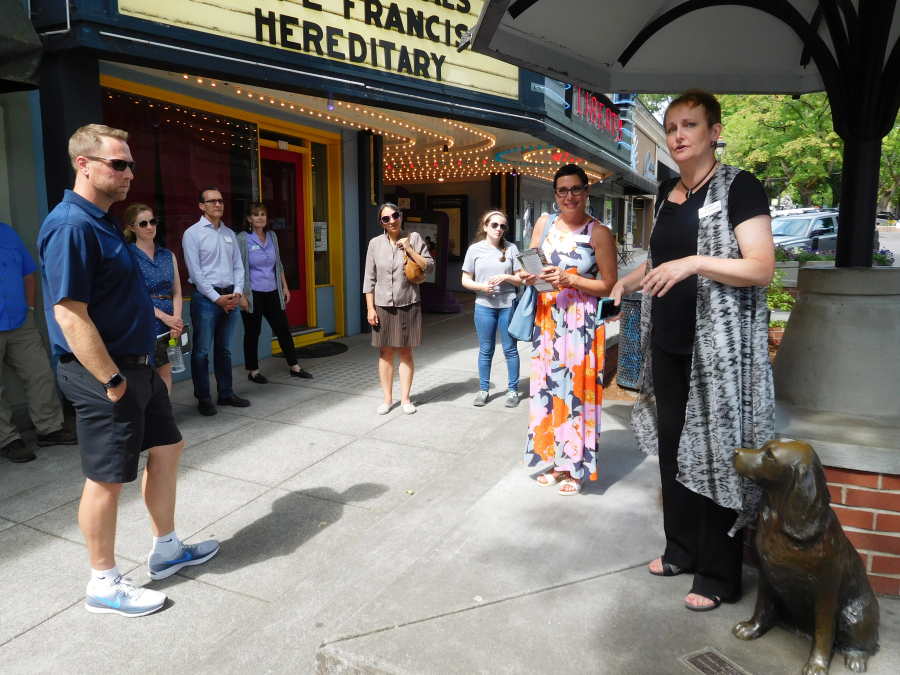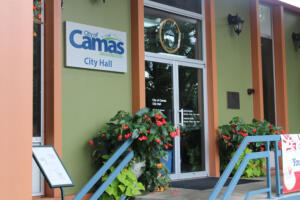A decision to review money flowing from the city of Camas to local nonprofits has caught some nonprofit leaders — as well as a few city councilmembers — off guard.
“We’re not saying we’re not going to fund (the nonprofits), we’re just saying we’re making a process around it,” Camas Finance Director Cathy Huber Nickerson explained during the city council’s March 15 workshop after a councilmember asked why the city’s annual $15,000 contract to fund Downtown Camas Association (DCA) projects was on hold. “We’re daylighting all of our contracts so (the council) and the public and everyone, including these organizations, know what the city is doing and understand where tax dollars are going.”
Councilmember Steve Hogan said he and other councilmembers believed the city had already agreed to fund the DCA’s $15,000 contract in 2021, and were surprised to learn that city leaders were now reviewing the city’s nonprofit contracts, including the DCA’s funding.
“It’s a noble idea,” Hogan said of city administrator Jamal Fox’s push to review the city’s contracts and make the process more transparent, “but that was not communicated during the budget process. We were under the assumption that we were rolling over that budget. … If that’s not going to happen, then this would be the time to pull it out of the budget. If we’re not going to give that money — and I don’t understand why we wouldn’t — to the DCA, we need to talk as a council about what we do with that $15,000.”
Mayor Barry McDonnell said he and Fox wanted to review the city’s contracts with nonprofits “to have a clear understanding of where that money was going.”




